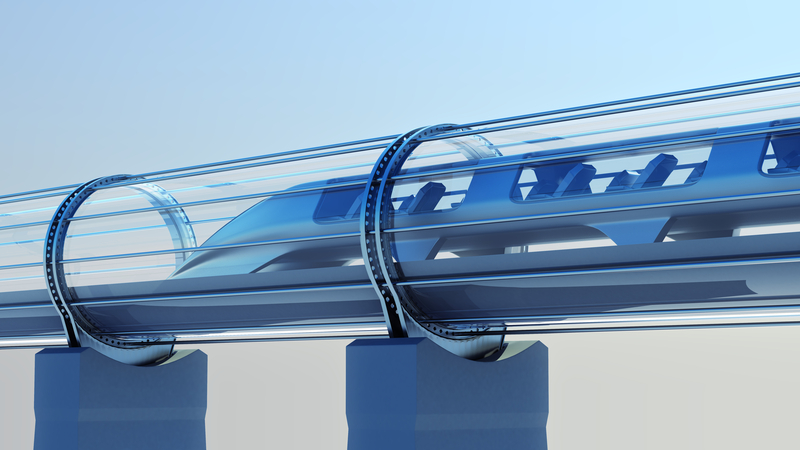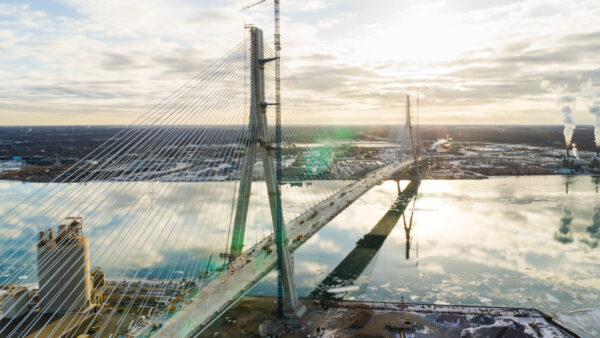
Dutch engineering spin-off Hardt Hyperloop has been awarded €15m by the European Commission, the first time that the EU has directly funded the development of the ultra-fast transport concept.
The grant was disbursed by the European Innovation Council Accelerator to help the Dutch engineer and its partners continue research and development.
Tim Houter, co-founder of Hardt, said in a press statement that the decision was a vote of confidence in his company and the technology.
“It’s great to have now gained the trust of the European Commission. Their support will help to accelerate the development of a European hyperloop network, bringing us much closer to significant carbon dioxide savings. European cities will be connected smarter, faster and cheaper.”
The funding will also progress the European Hyperloop Centre in Groningen, set to demonstrate lane-switching for a high-speed hyperloop system in 2023.
A pilot project to move freight between Amsterdam and Rotterdam is being investigated by companies, governments and network organisations. Houter said he hoped the route could be developed in the Netherlands within this decade.
The EU is particularly interested in hyperloop because of its fit with the European Green Deal, and the commission’s strategy for sustainable and smart mobility. According to Houter, a European-wide network could save 160 million tonnes of carbon on an annual basis, which would be “more than the entire emissions of the Netherlands”.
Hyperloop pods move autonomously through low-pressure tubes, propelled by fluctuating magnetic fields supplied by the “track” they float over.
Hardt Hyperloop was founded in 2016 by engineers at Delft Technical University. It was involved in building Europe’s first high-speed test facility, and has developed a lane-switching technology that is reckoned to be essential to the development of networks.
Its partners include Schiphol Airport, Nederlandse Spoorwegen, Deutsche Bahn, Koolen Industries, InnoEnergy, Freigeist, Bam, Tata Steel and IHC.
Further reading:
Comments
Comments are closed.











The Hyperloop is a scam like the Springfield Monorail. Can you imagine how complicated and expensive it must be to make the vacuum in a tube section of, for example, 100 km? And assuming they are successful, how will the human body react to almost instantaneous acceleration from 0 to 800 km / h? Since there are already magnetic levitation trains running at 600 km / h, the Hyperloop does not make much sense, it is a crude trap to get subsidies.